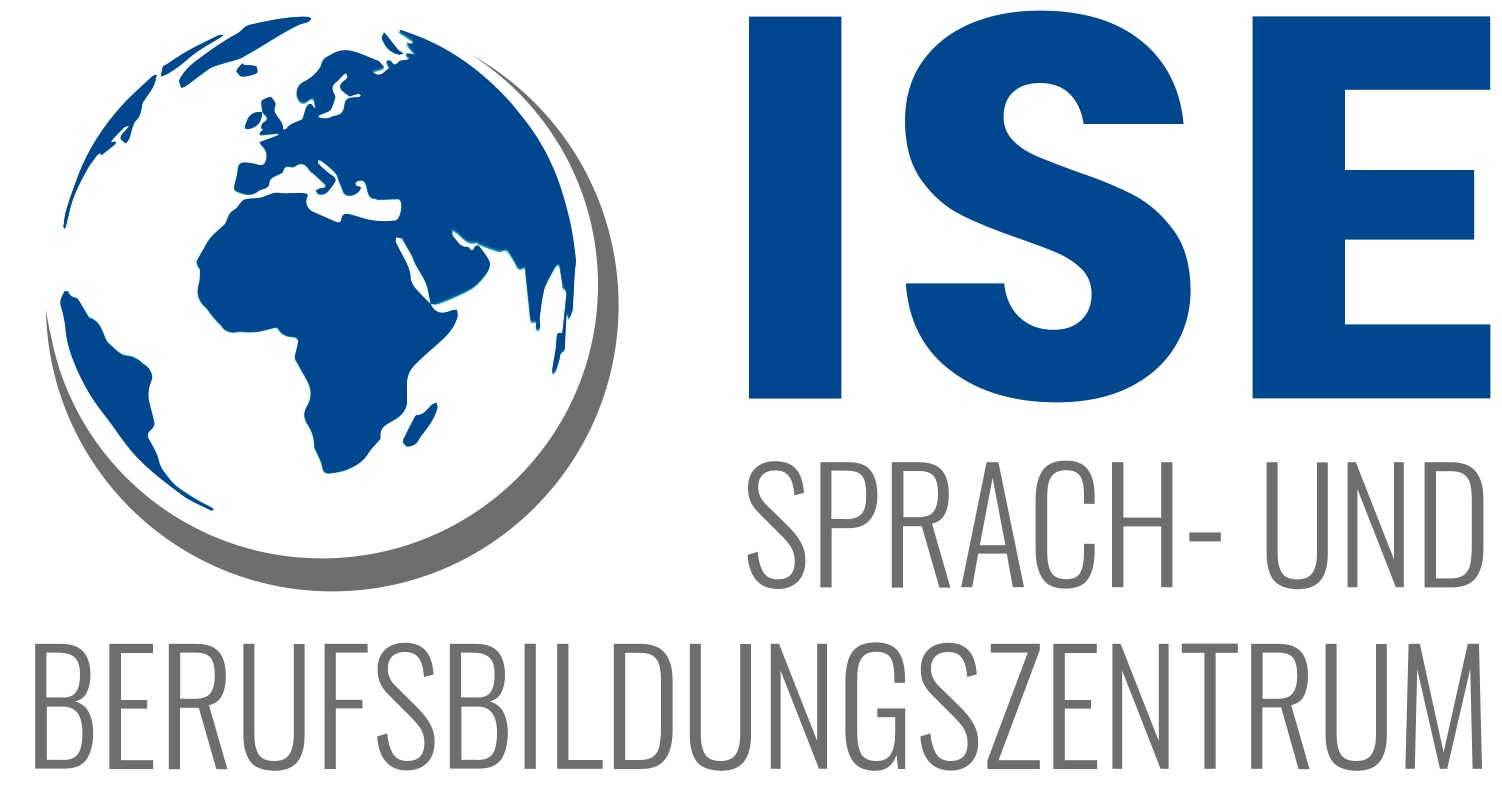Rapid integration of refugees and other newcomers not only into a culture that is previously unknown to them, but also into employment subject to social insurance is a major task that still needs to be accomplished. There are already initial reports of success. They come from the job center and the ISE Language and Vocational Training Center Amberg.
On the mountain. (usc) Analou Blank from the Philippines, Maia Tabutsadze from Georgia, Shiva Khalli from Iran, Muthana Al Odat and Mohammad Mousa, both from Syria, are essentially “model students” from ISE opposite the Amberg job center. There you will attend a measure to impart specialist skills and professional qualifications in the industrial and commercial sectors. “You all already have an employment contract or training contract,” says ISE Managing Director Peter Blendowski happily.
“Focus on work and work specifically with people with a migrant background” is the name of the educational measure, which began in April and ends in November. At the start of the course, 20 men and women from all parts of the world went to school. Seven more were added. They all have a residence and work permit, and according to Peter Blendowski's experience, they are all very ambitious and eager to learn. Previously, they had diligently studied German in an integration course and reached language level A2 or B1.
The head of the job center, Sonja Schleicher, and her colleague Rainer Liermann, the employment agency team leader, joined the students for a morning to experience the teaching practice and efficiency of the course first hand. Erwin Rohrer, regional coordinator for integration at the Federal Office for Migration and Refugees, also took the opportunity to follow the work of course leader Thomas Renner.
Topic for this day: How do you respond to a customer's complaint by letter? This is part of the “Communication at Work” course component. This involves, among other things, understanding and using German at work, practicing contact and manners with superiors, employees and customers, but also writing skills and listening comprehension for work and career.
Further focuses of the course are key qualifications and professional skills as well as social policy support. Company tests and job search tips open up contacts with potential employers. Application training is also on the schedule. As ISE managing director Peter Blendowski happily reported to visitors to the job center, eleven of the course participants already have a job or a training position.
Sonja Schleicher was absolutely thrilled by what the course participants had already mastered. According to Schleicher, it is important that they soon stand on their own two feet. The job center is therefore happy to support such courses. Erwin Rohrer, regional integration coordinator, who was at ISE that day to complete a literacy course, encouraged people with a migrant background to stick with it and further improve their language skills. The willingness to integrate is very important for professional advancement.
Hubert Uschald

